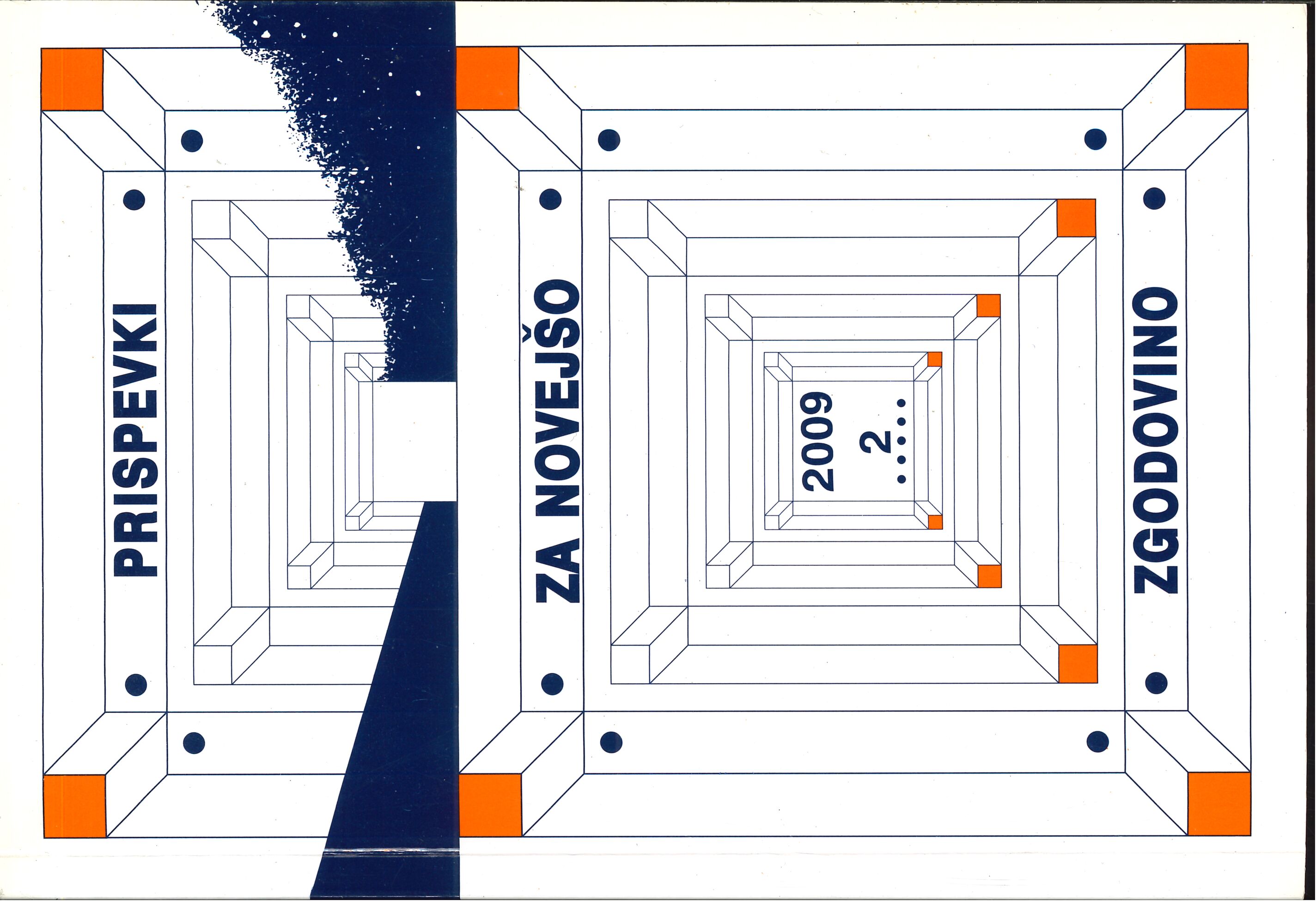The Greater Slovenia Within the Panslavist Connection (Slovenians and South Slavs in the Concepts ofBresnitz von Sydacoff)
Keywords:
Philipp- Franz Bresnitz von Sydacoff, Slovenians, South Slavs, Panslavism, Austro-Hungarian MonarchyAbstract
Philipp-Franz Bresnitz von Sydacoff (1868-f) was a conservatively oriented publicist, who, before World War I, saw the last hope for the Habsburg Monarchy in the Crown Prince Franz Ferdinand. In the foreign political context, Sydacoff believed that the Monarchy had a great role to play in the East and in the Balkans. In 1899 he wrote a book on the Panslavist agitation and the South Slavic movement in Austro-Hungary. Sydacoff emphasised the "Habsburg burden" with regard to cultivating the European Southeast, similarly as in the colonial forces the opinion of the "burden of the white man", who had to "help" the primitive peoples, was established. He saw the Yugoslav movement as another manifestation of the Panslavist Russia. The propagators of the Austrian idea in the Balkans were supposedly the Catholic Croatians, while he ascribed the Serbians with anti-Habsburg tendencies, which they wanted to accomplish with the Russian assistance. In this system Slovenians had a negative role. Supposedly The Young Czech movement, with the aid of Serbians, would assist the Slovenian national movement in order to set up a bridge between South and North Slavs and break apart the Monarchy.
Downloads
Published
Issue
Section
License
Authors who publish with this journal agree to the following terms:
- Authors retain copyright and grant the journal right of first publication with the work simultaneously licensed under a Creative Commons Attribution License that allows others to share the work with an acknowledgement of the work's authorship and initial publication in this journal.
- Authors are able to enter into separate, additional contractual arrangements for the non-exclusive distribution of the journal's published version of the work (e.g., post it to an institutional repository or publish it in a book), with an acknowledgement of its initial publication in this journal.
- Authors are permitted and encouraged to post their work online (e.g., in institutional repositories or on their website) prior to and during the submission process, as it can lead to productive exchanges, as well as earlier and greater citation of published work (See The Effect of Open Access).


